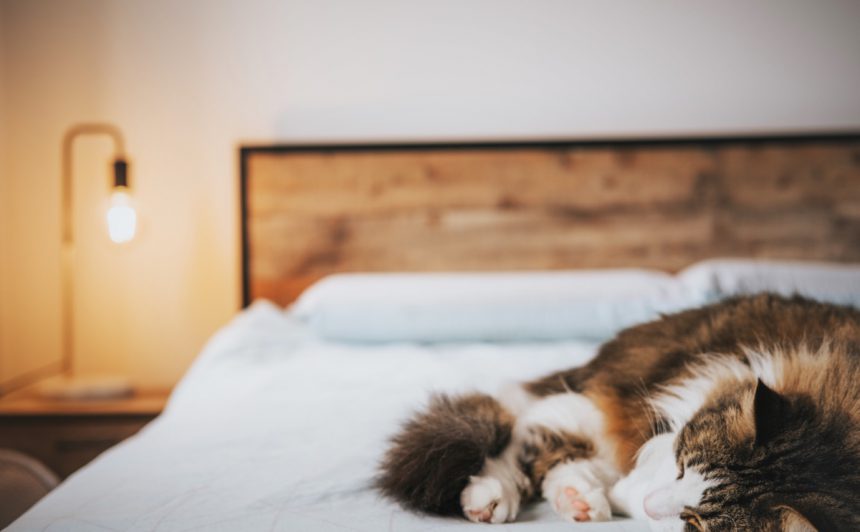Scientific studies assume that around a third of the population suffers from short-term or long-term disorders of sleep. Current studies have shown that the COVID-19 pandemic actually increases this number by 10%. Somnologist Dr. Micha Gross about the treatment of sleep disorders in times of COVID-19.
Stress is an important factor in analysing insomnia. In order to fall asleep without problems, the heightened state of arousal is replaced by mental and physical relaxation. This transition from waking to sleeping is dependent on physiological, psychological and situational factors.
Physiological factors
This includes a regulated sleep-wake rhythm. Sleep can only occur when the body and mind have reached a minimum of fatigue. In Corona times, many people work at home and often feel free to sleep longer and more often. This can lead to a disturbed natural sleep-wake rhythm, provoking insomnia.
Physical illnesses, pain, medication, etc. can also lead to difficulty falling asleep and must be analysed.
Psychological factors
Stress is often the reason why people have a hard time falling asleep. The current Corona situation is such a stressor. Many people suffer from fear of the future, economic threats, and social isolation. Here it is important to define and reevaluate the stressors. In some cases, false expectations of sleep or fears of not falling asleep are causes of insomnias.
Situational factors
A poor sleeping environment can also lead to insomnia. These include e.g. noise effects, poor bed, too much light, poor ventilation, too high or too low room temperatures, etc. – Frequent waking of bed partners, children or other causes must also be clarified.
Interventions
After the physiological, psychological and situational causes of sleep disorders have been identified, new strategies must be developed.
A sleep diary helps to ascertain the baseline, and changes after an invention can be recorded. The technique of stimulus control is particularly important. Patients are encouraged to go to bed only when they feel really tired. In the case of increased general arousal, we recommend methods of relaxation. When treating disturbed sleep, attention must also be paid to consumption habits, alcohol consumption, smoking, eating habits, etc. all of them can also affect sleep.
If you are very tired during the day, which occurs despite regular sleep habits and sufficient sleep duration, we recommend an analysis of your sleep in the sleep laboratory. This examination can e.g. show a Sleep Apneas Syndrome, a Periodic Limb Movement Syndrome, Bruxism etc. allowing a corresponding therapy.
Sleep counselling can be helpful, especially in the tense Corona period. The treatments are usually short and have a good chance of success. Find out more here about how our Family Doctors can treat sleep disorders at Tel Aviv Doctor.



